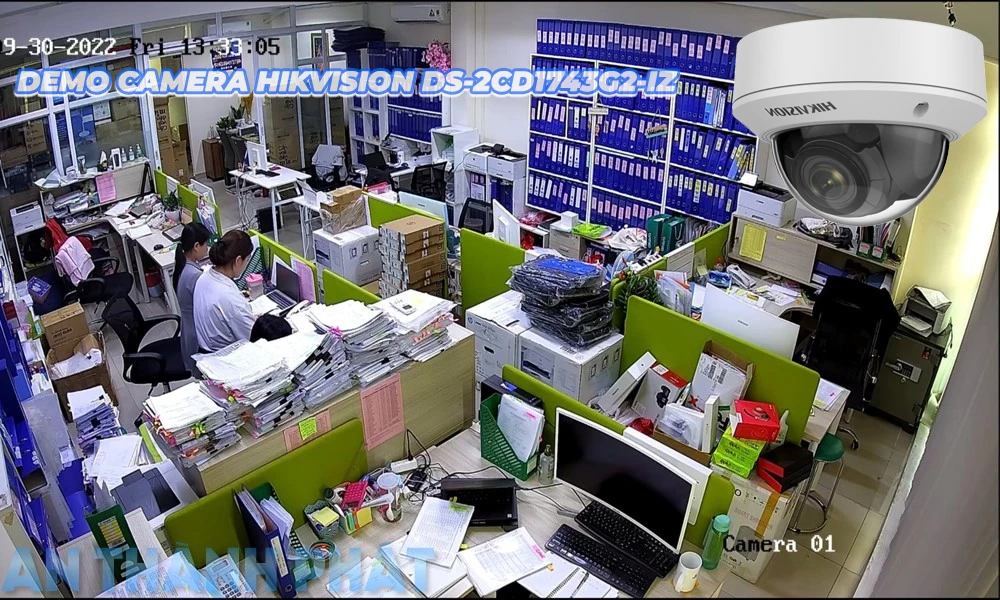What Are Top Time Management Tips for Busy Event Planners?

Managing time effectively is crucial for event planners, especially in fast-paced cities like Dubai, where the demand for high-quality events is constantly growing. Event planners in Dubai juggle multiple projects, client meetings, vendor negotiations, and day-to-day tasks that make time management a critical skill. Without it, projects can spiral into chaos, deadlines can be missed, and client relationships can suffer.
Table of Contents
ToggleThis blog delves into some of the best time management tips for busy event planners, helping them to streamline their tasks and improve their efficiency.
1. Prioritize Tasks with a To-Do List
The simplest yet most effective time management tool for event planners is a to-do list. Whether using digital tools like Trello, Asana, or even a simple notebook, writing down and prioritizing tasks is crucial. Start by listing every task that needs to be completed, big or small. Then, arrange them based on deadlines and importance.
For event planners in Dubai, who often work with clients expecting impeccable service, prioritizing client meetings and crucial vendor negotiations should come first. Lower-priority tasks, like administrative work, can be scheduled for later in the day when energy levels might be lower.
2. Use Time-Blocking Techniques
Time-blocking involves dividing your day into blocks of time and assigning specific tasks to each block. This method is highly effective for event planners who need to handle a wide variety of tasks in a single day, from coordinating venues to managing client expectations.
For example, one block could be dedicated to vendor calls, another to creating event schedules, and another to client follow-ups. By focusing on one type of task during each block, planners can maintain better focus and reduce the time lost in switching between tasks. Managing back-to-back events, this technique ensures that nothing slips through the cracks.
3. Delegate Tasks
No event planner can do everything on their own. Knowing when and how to delegate is key to efficient time management. Delegating doesn’t mean losing control of the event but rather entrusting certain responsibilities to team members or contractors who are capable of handling them.
For instance, tasks like managing logistics, coordinating with vendors, or handling marketing campaigns can be delegated to assistants or specialists. Event organizers, who often work with a large network of vendors and teams, can delegate communication and negotiation tasks to reliable team members. This leaves more time for planners to focus on the bigger picture, such as conceptualizing the event and overseeing its execution.
4. Leverage Technology
There are countless digital tools available to help streamline event planning. From project management software like Monday.com or Wrike to communication platforms like Slack and WhatsApp, using technology to stay organized can save event planners in Dubai significant amounts of time.
For instance, project management tools can help planners keep track of tasks, deadlines, and team responsibilities, all in one place. Automating certain processes, like sending follow-up emails or payment reminders, can also save time and reduce manual effort. Technology also facilitates real-time communication with clients and vendors, making it easier to resolve issues quickly.
5. Create a Standard Operating Procedure (SOP)
Having a Standard Operating Procedure (SOP) for recurring tasks is a huge time saver. They often manage similar types of events, such as corporate gatherings, weddings, or exhibitions. Developing an SOP for each type of event can eliminate the need to start from scratch every time.
An SOP outlines all the necessary steps for specific tasks, from venue selection to post-event follow-up. Having this process in place not only saves time but also ensures consistency across all events. Planners can tweak the process for each client, but having a solid foundation will help reduce time spent on repetitive tasks.
6. Minimize Distractions
In today’s fast-paced world, distractions are everywhere—from constant emails to social media notifications. Event planners need to create a distraction-free environment when focusing on essential tasks. Turning off notifications, setting specific times for checking emails, or even using productivity apps like Focus@Will can help maintain concentration and increase productivity.
Minimizing distractions is especially important when dealing with high-pressure situations, such as last-minute changes or urgent client demands. Focusing on the task at hand, without interruptions, can make a huge difference in the quality of work delivered and the time it takes to complete.
7. Set Realistic Deadlines
Event planners often fall into the trap of setting overly ambitious deadlines in an attempt to impress clients. However, this can lead to burnout and mistakes. It’s important to set realistic deadlines for both yourself and your team to ensure quality work is delivered without unnecessary stress.
For example, when planning an event in Dubai, factor in time for vendor negotiations, venue scouting, and contingency planning. Discuss timelines with the client upfront to align expectations, and be transparent about what can and cannot be achieved within a given timeframe.
8. Learn to Say No
As much as event planners want to please every client, learning to say no is essential for maintaining control over your schedule. Taking on too many tasks or saying yes to last-minute changes can overwhelm even the most experienced planner.
Also read : How Rapid Prototyping Streamlines the Design Process
They must recognize when their workload is too much and politely decline additional requests that could jeopardize the quality of their work. Communicating with clients early and managing their expectations will make it easier to say no when needed.
9. Plan for Contingencies
In event planning, things rarely go 100% according to plan. A vendor might cancel, or a sudden weather change could force the event to be relocated. Event planners, known for hosting large-scale events, need to build contingency time into their schedules. This ensures that when something goes wrong, they have the time and resources to fix it without scrambling.
Having backup vendors, alternative venues, and extra time built into the plan will reduce stress and prevent last-minute chaos. It also demonstrates professionalism and preparedness to the client, which enhances their trust in the planner’s abilities.
Final Words
Event planners in Dubai face numerous time management challenges as they strive to deliver flawless events in a fast-paced environment. However, by prioritizing tasks, using technology, delegating effectively, and managing distractions, they can significantly improve their productivity.
Developing an SOP for recurring events, setting realistic deadlines, and planning for contingencies will help them stay on track, meet client expectations, and reduce stress. Time management isn’t just about working faster—it’s about working smarter to ensure every event is a success.




Post Comment